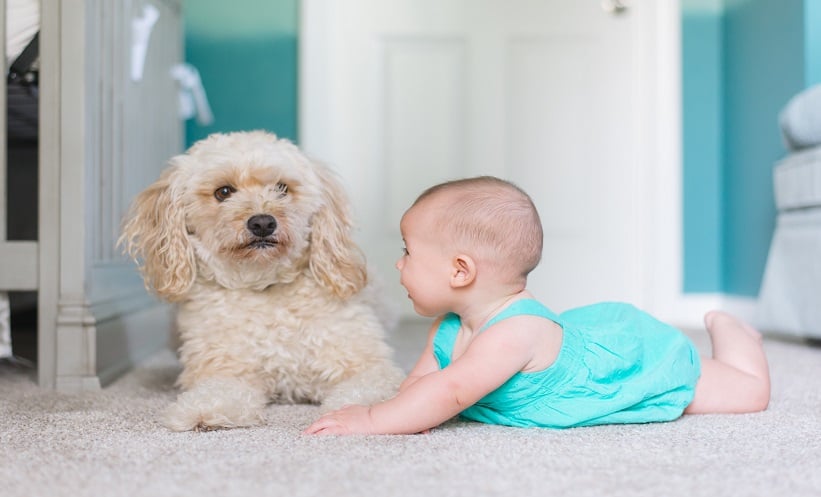GENE–ENVIRONMENT interactions could contribute to asthma heritability. A research team from several centres across the UK recently published a meta-analysis evaluating the impact of early pet exposure and the risk of wheezing within the first year of life.
The study focused on the rs2305480 risk allele located within the 17q12–q21 asthma-risk gene locus and whether dog/cat ownership influenced development of persistent wheeze or asthma. The team obtained data from a total of 8,736 children across five cohorts from the study team for the early life asthma research consortium. Of these five cohorts, the Avon longitudinal study of parents and children group were analysed individually (n=2,587). The Ashford, Aberdeen study of eczema and asthma to observe the effects of nutrition, Manchester asthma and allergy study, and Isle of Wight cohorts were analysed collectively (n=6,149).
The participants included were stratified into four different groups based on pet ownership: cat and dog ownership, dog ownership, cat ownership, and neither a dog nor a cat. Wheezing was sub-classified into five groups: never/infrequent wheeze, early-onset preschool remitting wheeze, early-onset middle-childhood remitting wheeze, persistent wheeze, and late-onset wheeze. Interactions between pet ownership and rs2305480 were evaluated using logistic and multinomial regression techniques.
The meta-analysis revealed that the rs2305480 risk allele was associated with increased risk of late-onset wheeze, persistent wheeze, and asthma ever before the age of 16 years. However, the analysis for pet ownership revealed that there was no association between cat/dog ownership in the first year of life and wheeze/asthma. When reviewing the gene–environment interactions between the rs2305480 risk allele and pet ownership, dog ownership was associated with reduced risk of persistent wheezing. For non-pet owners and cat owners, the rs2305480 allele was associated with increased risk of late-onset wheeze, persistent wheeze, and asthma.
This analysis highlights how exposure to environmental factors can interact with genes to reduce or increase risk of disease. Given that genetic variants are responsible for asthma heritability in 60–90% of cases according to twin studies, compared to 9% in genome-wide association studies, further research is needed to quantify and explore these gene–environment interactions and the role they play.






